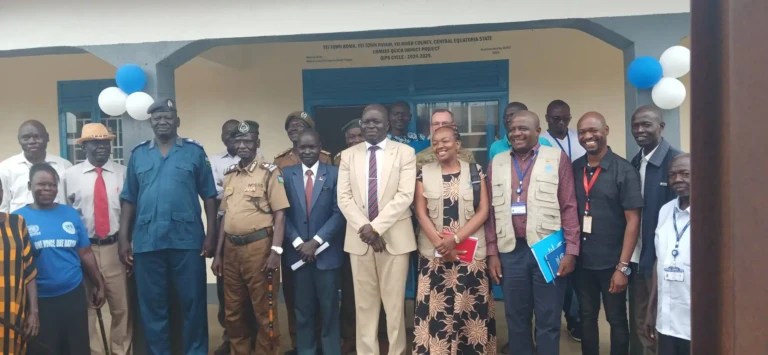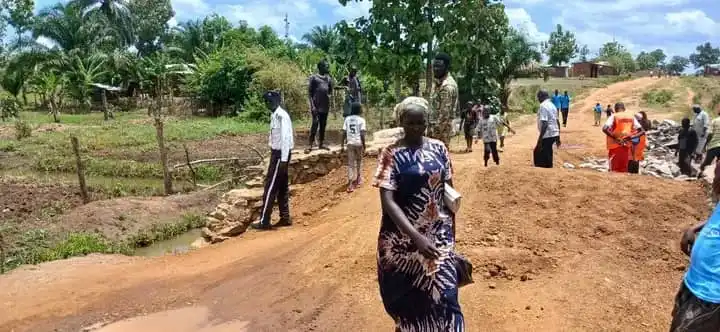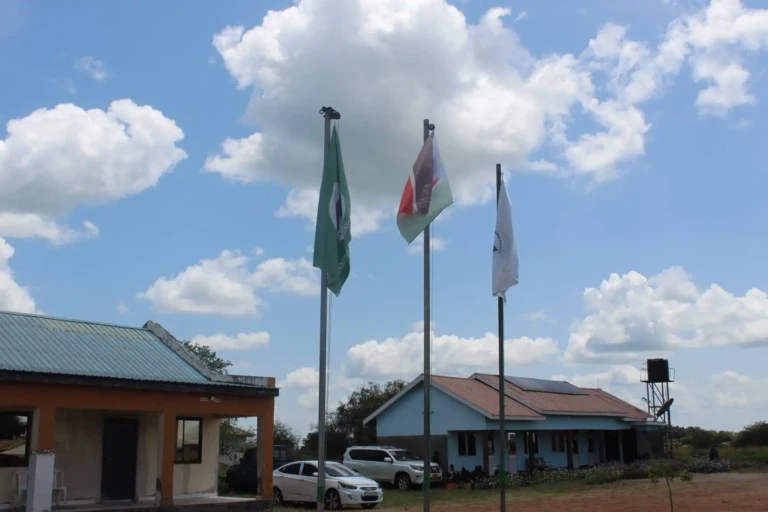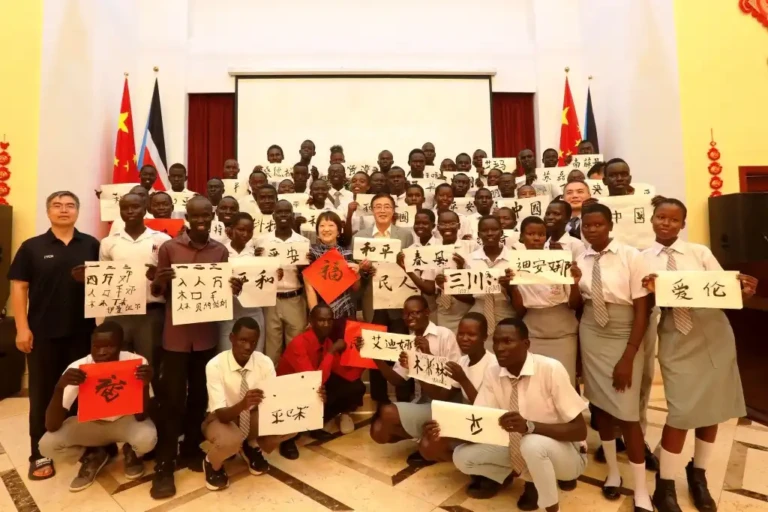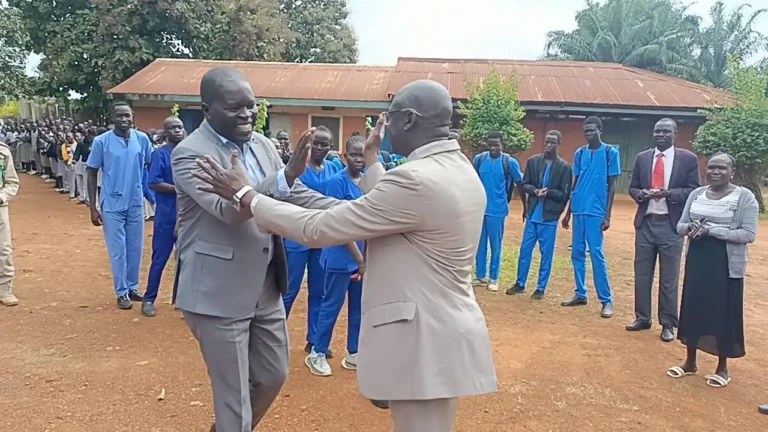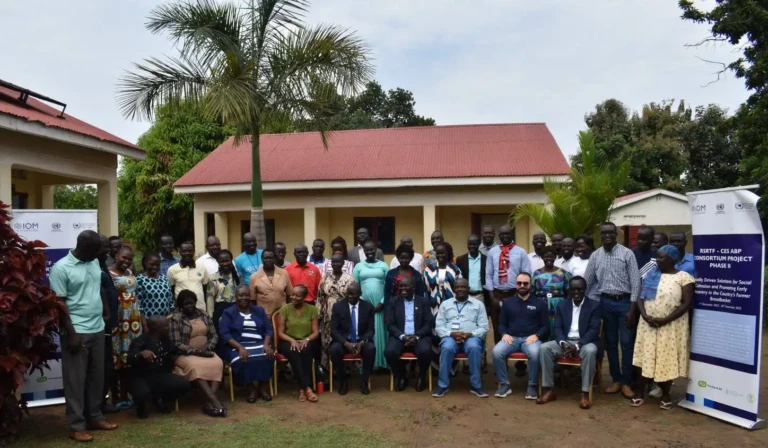
(SOUTH BURLINGTON, VERMONT) – A recent shift in American immigration policy has left several South Sudanese-American families in limbo, and revealed the personal toll of a diplomatic dispute between the United States and the government of South Sudan.
Chiengkuach Majok, a 43 year old South Sudanese-American based in South Burlington, Vermont, had been eagerly preparing for the arrival of his wife and four children from Kenya, where they had taken refuge after fleeing South Sudan’s conflict.
After five years of effort, including thousands of dollars spent and months of immigration delays, Majok had secured a visa for his wife, booked a flat with a pool and made plans for family reunification in the U.S.
But just three weeks before the family’s scheduled arrival in April, the U.S. government suddenly suspended all visas issued to South Sudanese passport holders. The decision came after South Sudan refused to accept the return of a deportee believed to be Congolese, prompting Secretary of State Marco Rubio to revoke all travel privileges for South Sudanese nationals.
The revocation, part of President Donald Trump’s broader immigration crackdown in his second term, disrupted the lives of South Sudanese-Americans across the country. Many, like Majok, were former child refugees resettled in the U.S. after fleeing the Sudanese civil war. Now American citizens, they are struggling to bring over their spouses and children, many of whom have legal U.S. status through their parents.
Majok, who arrived in the U.S. in 2003 as one of the “Lost Boys of Sudan,” built a new life through education and work. He became a U.S. citizen in 2009 and is now close to completing a PhD in sustainable development at the University of Vermont. He had saved and planned meticulously for his family’s move only for politics to upend his efforts.
He lost his apartment deposit of SSP 5.5 million (USD 1,200) after being forced to cancel plans. His wife’s visa had been stamped, the children were packed and the excitement had been building only to be replaced by confusion and helplessness.
Majok is not alone. His South Burlington roommates, also South Sudanese, are facing similar struggles. One of them, Jurkuch Atem, recently flew to Kenya hoping to attend his wife’s immigration interview, only to be told upon arrival that the appointment had been pushed to August. Another, David Thuom, has delayed beginning his own family’s paperwork, fearing more heartbreak and financial loss.
The visa suspension also created confusion. While some applications were frozen, others moved ahead unexpectedly. On 28 June, Majok received an email from the U.S. Embassy in Nairobi confirming that his family could still travel. Taking a leap of faith, he bought plane tickets. On 7 July, his family finally arrived in Boston, greeted by cheers, tears, and a reunion years in the making.
The relief, however, does not erase the uncertainty many still face. Friends like Williston based Atem Deng are still waiting to reunite with their loved ones. Majok, meanwhile, is back searching for a new apartment and planning the simple joys of everyday life with his childrenlike football matches and ice cream cones.
Impacts of U.S. Visa Ban on South Sudanese in Vermont
| Individual | Family Location | Impact of Policy | Current Status |
|---|---|---|---|
| Chiengkuach Majok | Kenya | Wife’s visa revoked before travel | Family reunited in Boston (7 July) |
| Jurkuch Atem | Kenya | Wife’s interview delayed post travel | Awaiting new interview in August |
| David Thuom | Uganda | Delayed family application | No progress, family frustrated |
| Atem Deng | South Sudan | Fiancée unable to join him | Lives with daughters in Vermont |
Discover more from Access Radio Yei News
Subscribe to get the latest posts sent to your email.

